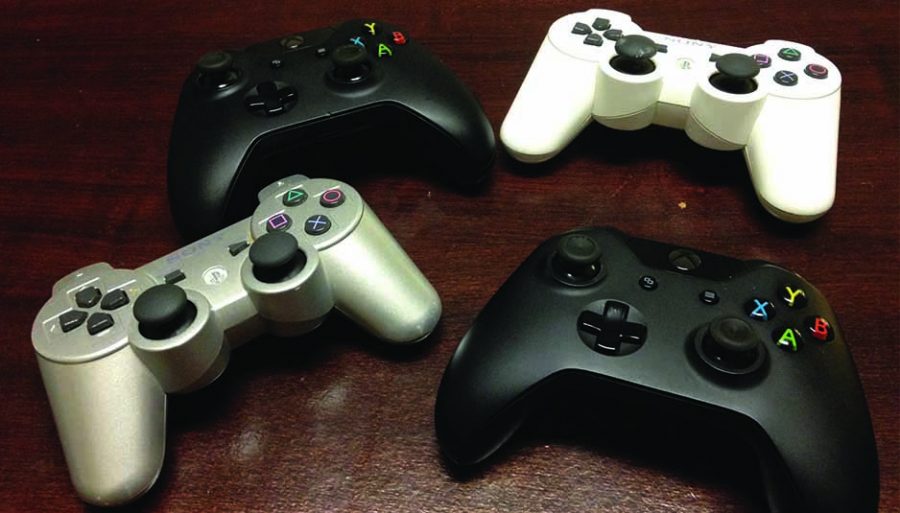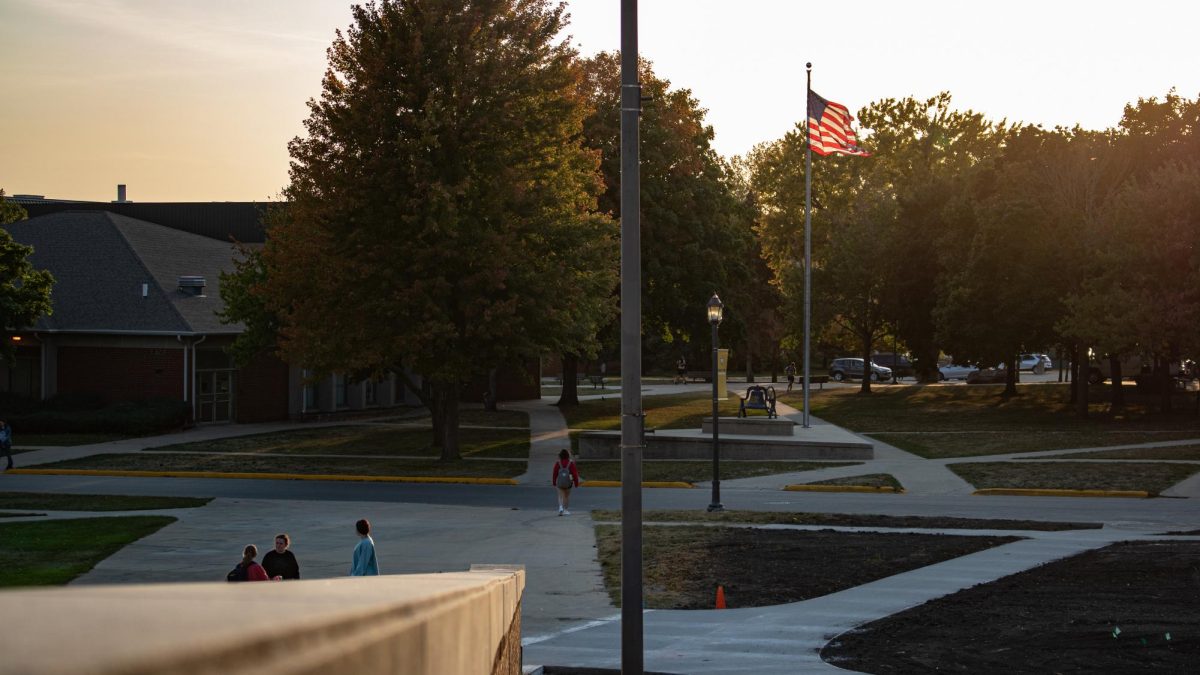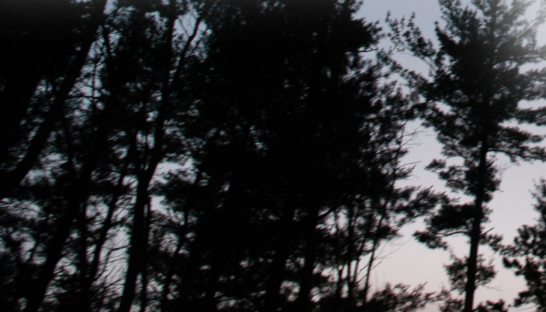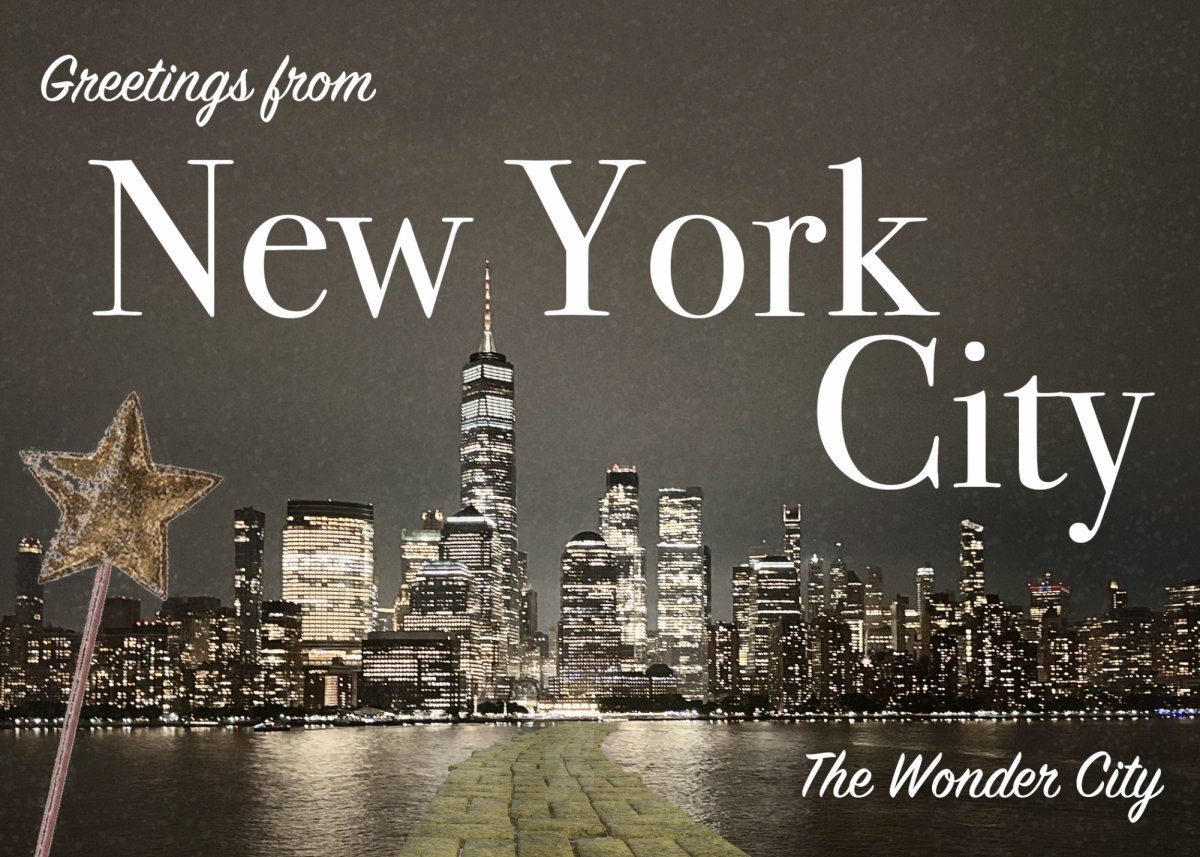Matthew Byers | Staff Writer
A popular role-playing game with anime, great music, and theming.
Role playing games often tend to be a focus on the fantasy, knights, dwarves, and elves fighting for supremacy or against some form of dark lord threatening the land, or science fiction such as aliens threatening the universe. The Persona series, spin off of the Shin Megami series, breaks this mold by making the bulk of the game focus on two parts: life as a high school student and fighting monsters known as shadows in unusual dungeons.
Persona 4 in particular focuses on a year of high school for a self-named transfer student. When he arrives in the simple Japanese town of Inaba it is quickly discovered that there is chaos and discord. A series of murders begins shortly after arriving, and the crush of the first friend you make is the second victim. Not to leave the murders alone, a strange “midnight-channel” turns on at night when it is raining, showing hazy images of people who often end up being the victims. Even weirder is your character can enter television sets!
The game mechanics are fairly unusual and a bit off-putting for newcomers. Every day there is a focus to do something, and there is a limited amount of time to save the next victim who appears on the midnight channel. Players have to actually balance a hectic school schedule, with friends and clubs, all while trying to work through the TV-world’s dungeons. Should this Tuesday be spent slaying shadows in a castle or should it be spent on soccer practice? While soccer practice doesn’t sound important in the short term, the game has a second theme where social links can boost your strengths and unlock new abilities. These links, all based on aspects of the twenty-one arcana tarot, all influence your strengths with specific “persona” (monsters you summon for powers) that are aligned with specific arcana. Reaching max social links can also unlock incredibly powerful personas giving an even greater incentive to build relationships.
While the bulk of the game is made up of school life, fighting monsters, and boosting social links, the soundtrack of the game is exceptional; directed by Shoji Meguro the soundtrack (excluding dungeon themes) is a basis of Japanese pop, rock, and jazz combined into music that is great to listen to outside of the game, with a personal recommendation of “Signs of Love” on the Persona 4 Reincarnation album.
The game was originally produced for the Playstation 2 on July of 2008, but it was re-released for the Playstation Network April of 2014. A full remake was also produced for the Playstation Vita titled “Persona 4 Golden,” released in 2012, introducing a 22nd arcana link, a new dungeon, and both new and rebalanced shadows. A complication, however, with the Playstation Network release is a problem with saving; saves can suddenly disappear and reappear seemingly at random leaving this bit of advice: Make more than one save file! The game has a massive save file roster so you can easily make two or three saves for one particular play through.
Persona 4 is a fun game that has a great sound track, great visuals, a great anime, and monsters throughout history as your personas. This game will certainly give someone a game that takes more than just one weekend to beat, not even kidding. It’s a game that can take well over fifty hours to beat (and that’s not even including new game plus!). If such a dramatic gameplay time is too much, the anime is a fairly faithful representation of the anime, although it only focuses on specific social links that a player may choose otherwise in their game, and would spoil the ending if you ever do plan to beat the game. Don’t be afraid to jump into one of the best anime-rpgs from the Playstation 2 era, you’ll be really to yell “Persona!” and save Inaba from the serial murderer in no time!









